What Is fiber?
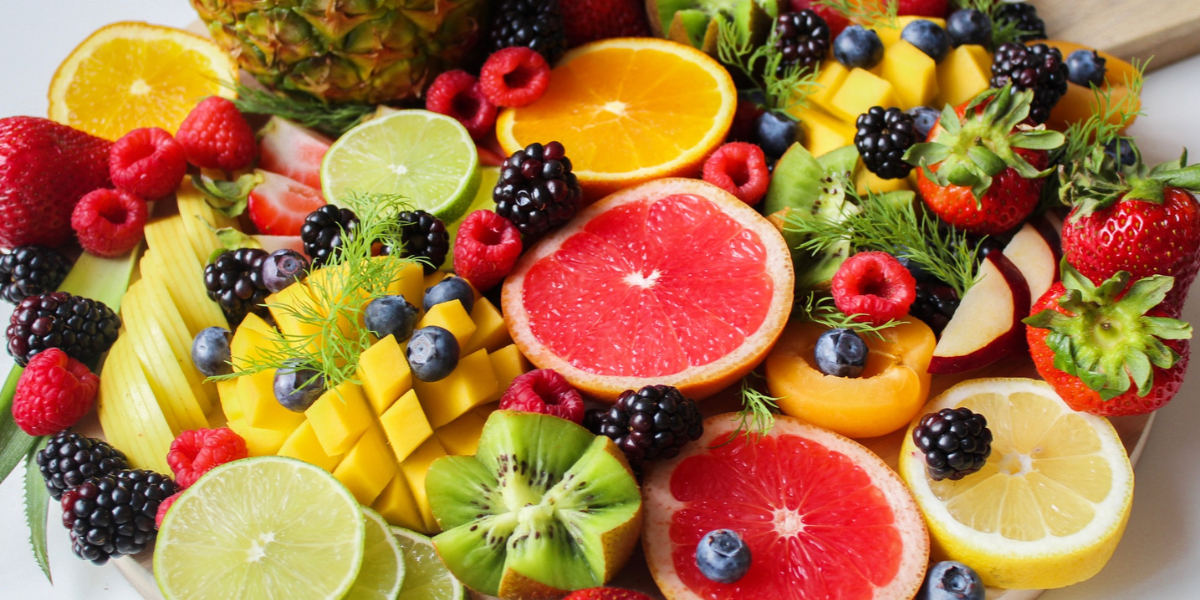
Dietary fiber, otherwise known as ‘roughage’, is a type of carbohydrate found in plant-based foods that cannot be digested by the human body. It is naturally found in most fruits, vegetables, legumes, and whole grains.
Fiber is essential to a healthy diet because it contains nutrients, vitamins, and minerals that are essential for optimal health. It helps maintain gut health and reduces the risk of certain chronic health conditions such as type 2 diabetes and heart disease. But is fiber a probiotic? Get ready for an interesting read!
Types Of Fiber
Unfortunately, fiber is considered to be a “nutrient of concern” as it has a low overall intake in spite of its known health benefits. Research shows that Americans only get less than half of the recommended daily intake of fiber which is 14 grams per 1000 calories of food.
There are 2 types of dietary fiber, both beneficial to health, and they are:
-
Soluble fiber
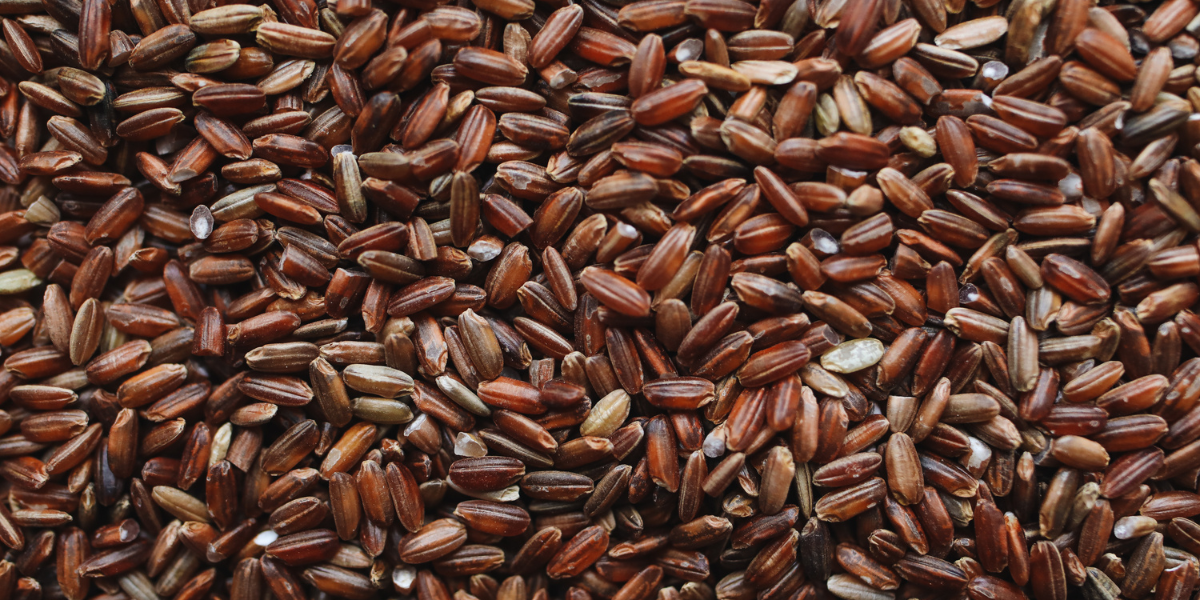
Soluble fiber, as its name indicates, dissolves in water and forms a gelatinous substance in the stomach which is then broken down by bacteria further down the large intestine. Moreover, soluble fiber gives you some calories and is helpful for both constipation and diarrhea.
Soluble fiber absorbs water and slows down the transit time of food through the gut. By attracting water, it removes excess fluid from the colon which helps decrease diarrhea.
Foods that contain soluble fiber include beans, lentils, barley, oats, figs, flaxseeds, fruits (pears, apples, and avocados), and many vegetables (broccoli, turnips, and carrots).
-
Insoluble fiber
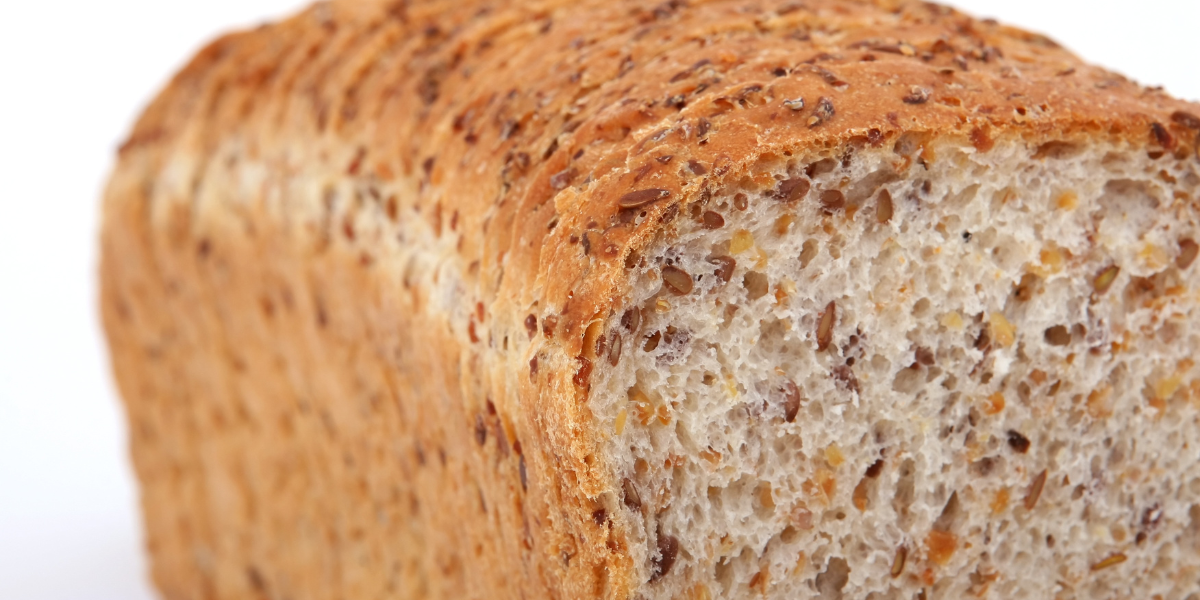
On the contrary, insoluble fiber does not dissolve in water nor does it absorb water well so that it moves through the GI tract virtually intact. Insoluble fiber does not gives calories and helps prevent constipation.
Insoluble fiber adds bulk to the stool which makes them easier to pass. In addition, it stimulates bowel movement by putting pressure on the colon walls. Therefore, insoluble fiber speeds up the transit time of undigested food through the GI tract which relieves constipation.
Insoluble fiber can be found in foods such as wheat bran, whole grain and whole wheat products, nuts, and certain vegetables (green beans, cauliflower, and potatoes).
Most fiber-rich foods contain both soluble and insoluble fiber so you don’t have to think much about their difference as you are bound to take in both kinds. Instead, you should concentrate more on ensuring that your overall fiber intake is sufficient.
Based on a 2000-calorie diet, the Academy of Nutrition and Dietetics recommends a dietary fiber intake of 25 grams per day for adult females and 38 grams per day for adult males.
Is Fiber A Probiotic?
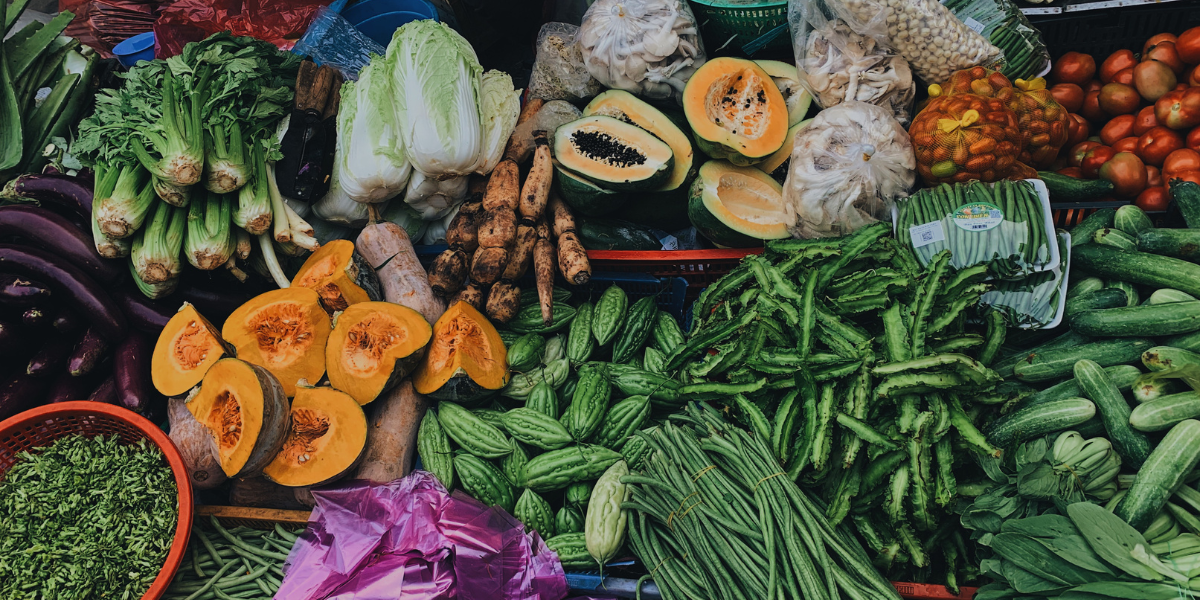
Fiber is essential for proper digestion. But is fiber a probiotic? Before we can dwell on this question, there’s a need to explain the difference between prebiotics and probiotics.
Probiotics are a mix of live beneficial bacteria and yeasts that naturally reside in your body. Your system hosts two kinds of bacteria –good bacteria and bad bacteria. Probiotics are made up of good bacteria that keep your body in good health and functioning well.
On the other hand, prebiotics is the food that probiotics eat. Fiber is not probiotic, but rather prebiotic. Prebiotics are fibers that your body cannot digest, but they can help good bacteria grow in your gut. Because your body doesn’t digest plant fiber, it moves through the lower digestive tract and becomes nourishment for the friendly gut bacteria. Prebiotics are different from probiotics, but both are important for digestion.
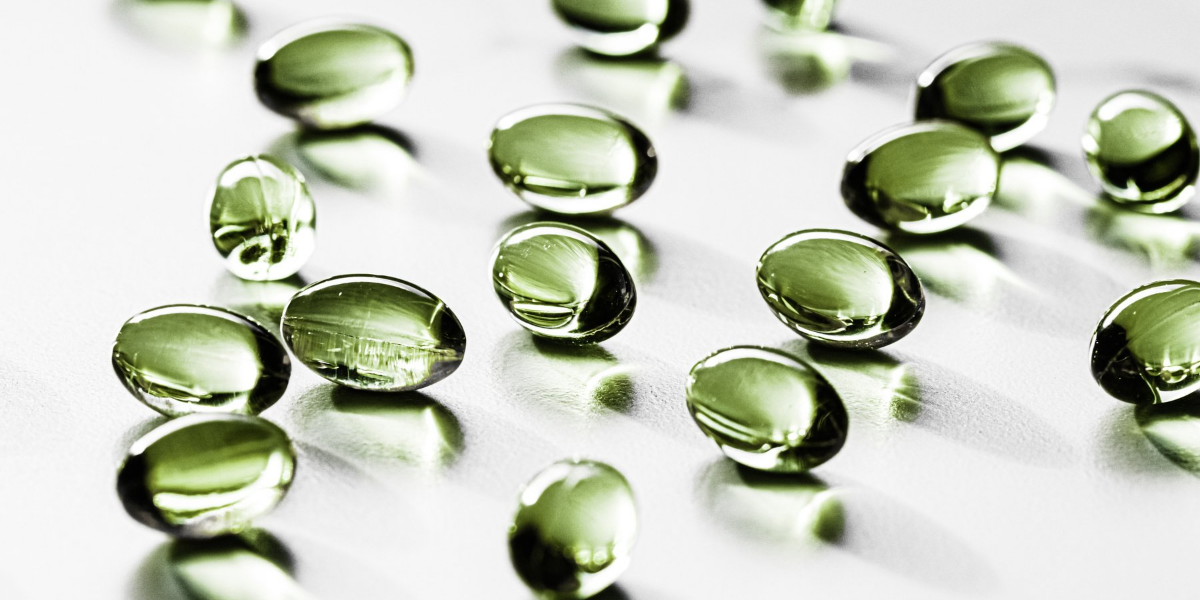
Sometimes when a person does not get enough fiber from his diet due to a medical condition or other reasons, he can make up for the lack by taking fiber supplements. These supplements are made of functional fibers that have been isolated from plant sources and some of them include psyllium, dextrin, polycarbophil, and methylcellulose.
According to a September 2017 review published in the International Journal of Molecular Medicine, dietary fiber supplements are apparently safe but can lead to abdominal bloating and other unwanted side effects when you start taking them too quickly.
Although generally not harmful, it is not known whether taking synthetic forms of functional fiber is necessary as they do not contain the same biochemicals and nutrients that whole foods do. One thing that may eliminate the need for prebiotic and probiotic supplementation is to maintain a healthy and balanced diet with lots of fiber.
Health Benefits Of Probiotics

Now enough about fiber and let’s move on to probiotics. Here are some of the benefits to the body and brain that you can get from probiotics:
- Balances gut bacteria
- Reduces the severity of digestive symptoms
- Enhances nutrient absorption
- Maintains and improves gut integrity
- Protects from gastrointestinal infections
- Minimizes the frequency of diarrhea
- Aids weight loss
- Reduces bloating and gas
- Improves mood
- Minimizes stress
- Boosts immunity
- Helps with allergies and eczema
- Good for the heart
- Supports skin health
Foods High In Probiotics
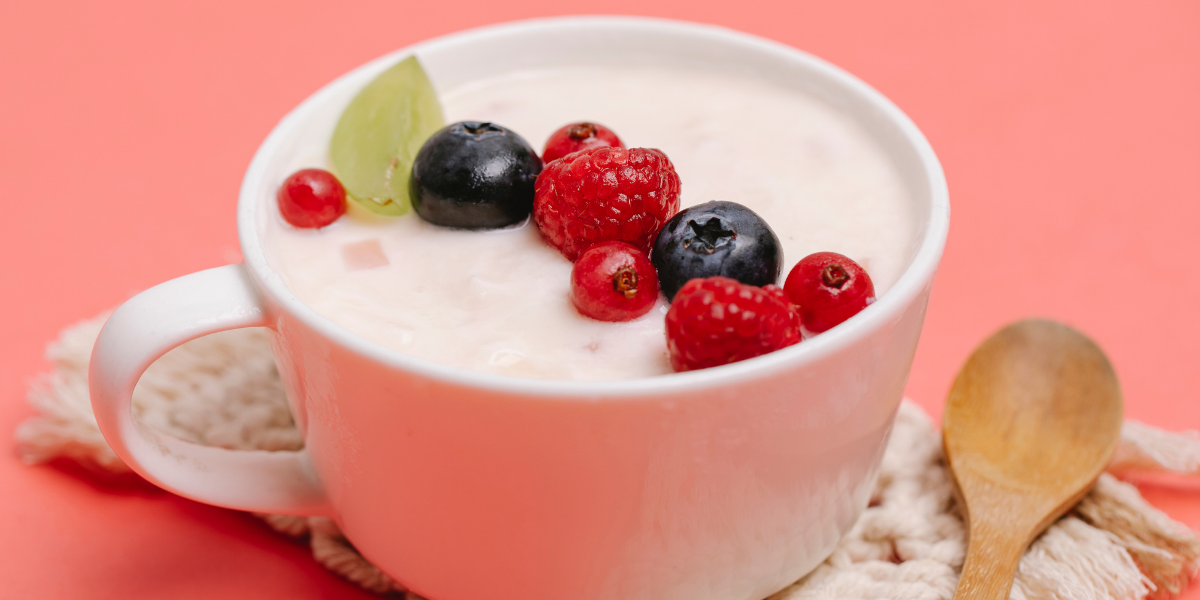
Probiotics are live bacteria that provide health benefits when consumed. The popular way to get probiotics is by taking a supplement but you can also acquire them by eating fermented foods such as:
- Yogurt
- Kefir
- Buttermilk
- Sauerkraut
- Kimchi
- Tempeh
- Pickles
- Kombucha
- Pickles
- Cottage cheese(Swiss, aged cheddar, parmesan)
- Natto
Commercialized probiotic products that can be bought in health stores and supermarkets can be identified by the words “Contains live and active cultures” on their label, usually with the full probiotic name. Some of them require refrigeration, but even those that don’t must be kept in a cool, dry place to maximize shelf life.
Are Probiotics Safe?
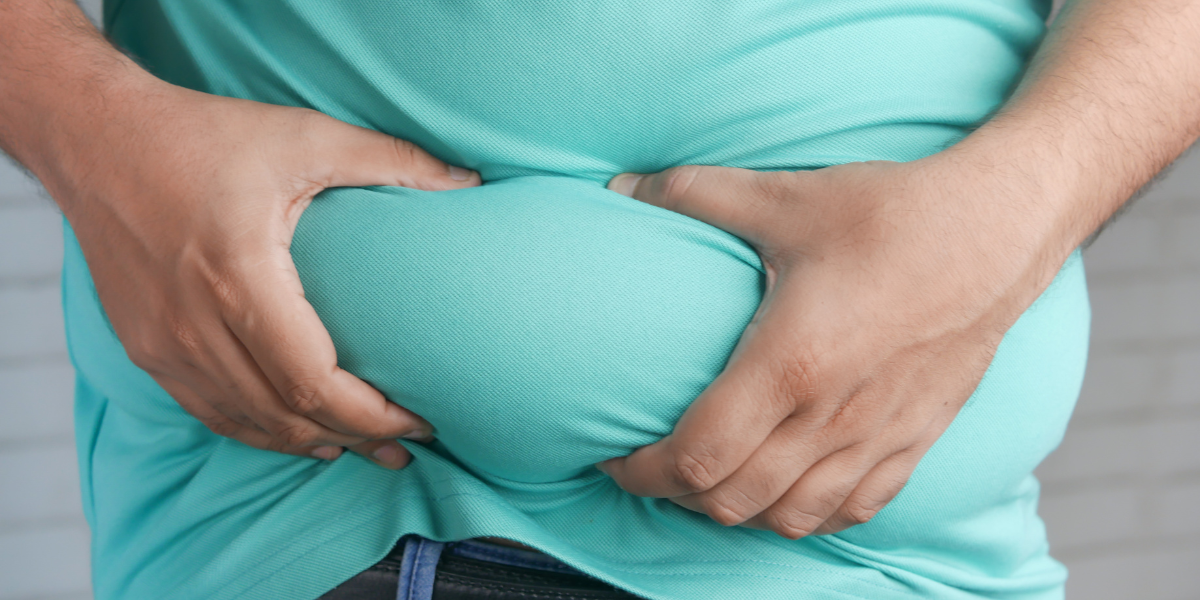
Since probiotics are microbes that can be naturally found in your body, they are generally considered safe. However, you may experience certain digestive issues like stomach upset, diarrhea, bloating, and gas within the first few days of having them because your gut flora is adjusting.
According to Dr. Shira Doron, an attending physician at Tufts Medical Center and associate professor at Tufts University School of Medicine in Boston, when taking probiotic products, better choose a dose or strain of probiotics that has been proven by clinical trials to be effective in the treatment of your specific condition or symptoms.
Although not all probiotics have been shown to relieve many of the medical conditions that people take them for nor improve health in general, they can be safely consumed by most people, Doron said. However, she dissuades people with a flawed intestinal lining or impaired immune system from taking probiotics.
The Bottomline
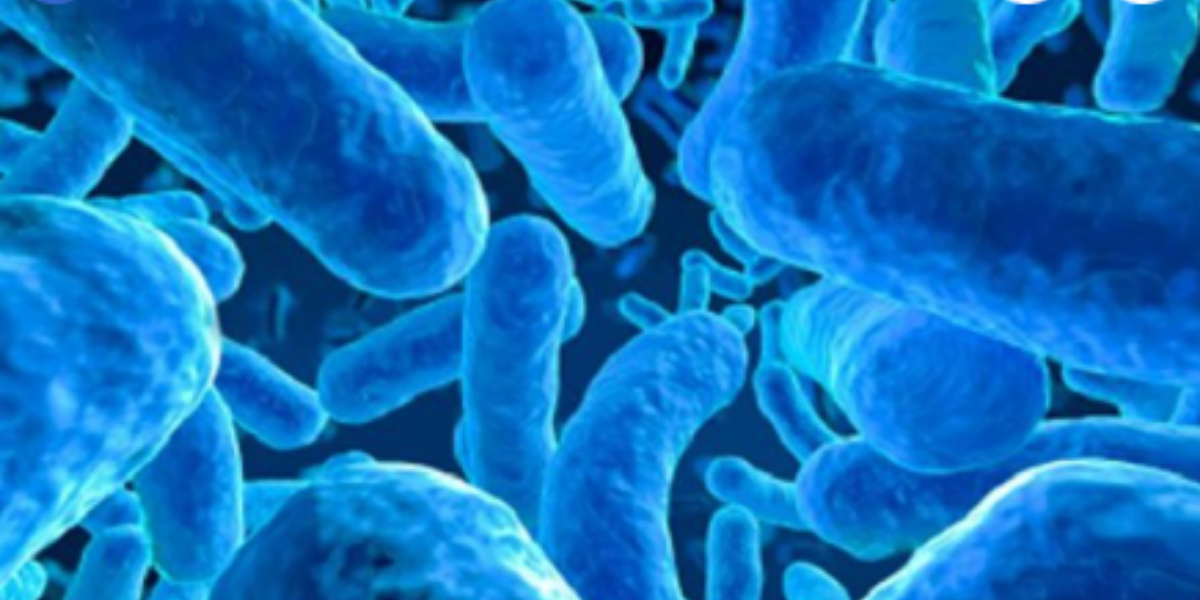
Probiotics are ‘friendly bacteria’ that are attributed with considerable health benefits, especially to the digestive system. They are live microorganisms that naturally reside in the human body, although their numbers can be augmented by taking commercially prepared probiotic foods and probiotic supplements.
Fibers, on the other hand, are the food used to feed the probiotics. These microorganisms naturally reside in the gut but may be induced by taking probiotic food. So is fiber a probiotic? No, it’s not because fiber is a prebiotic.

